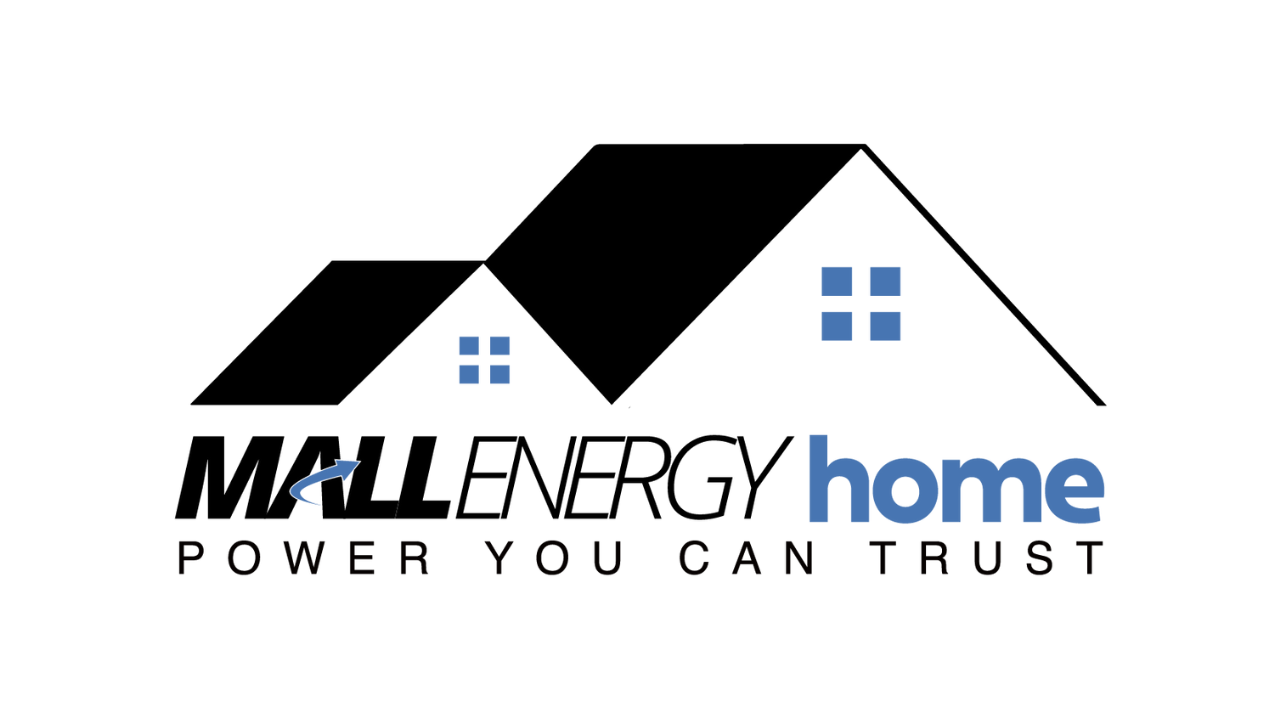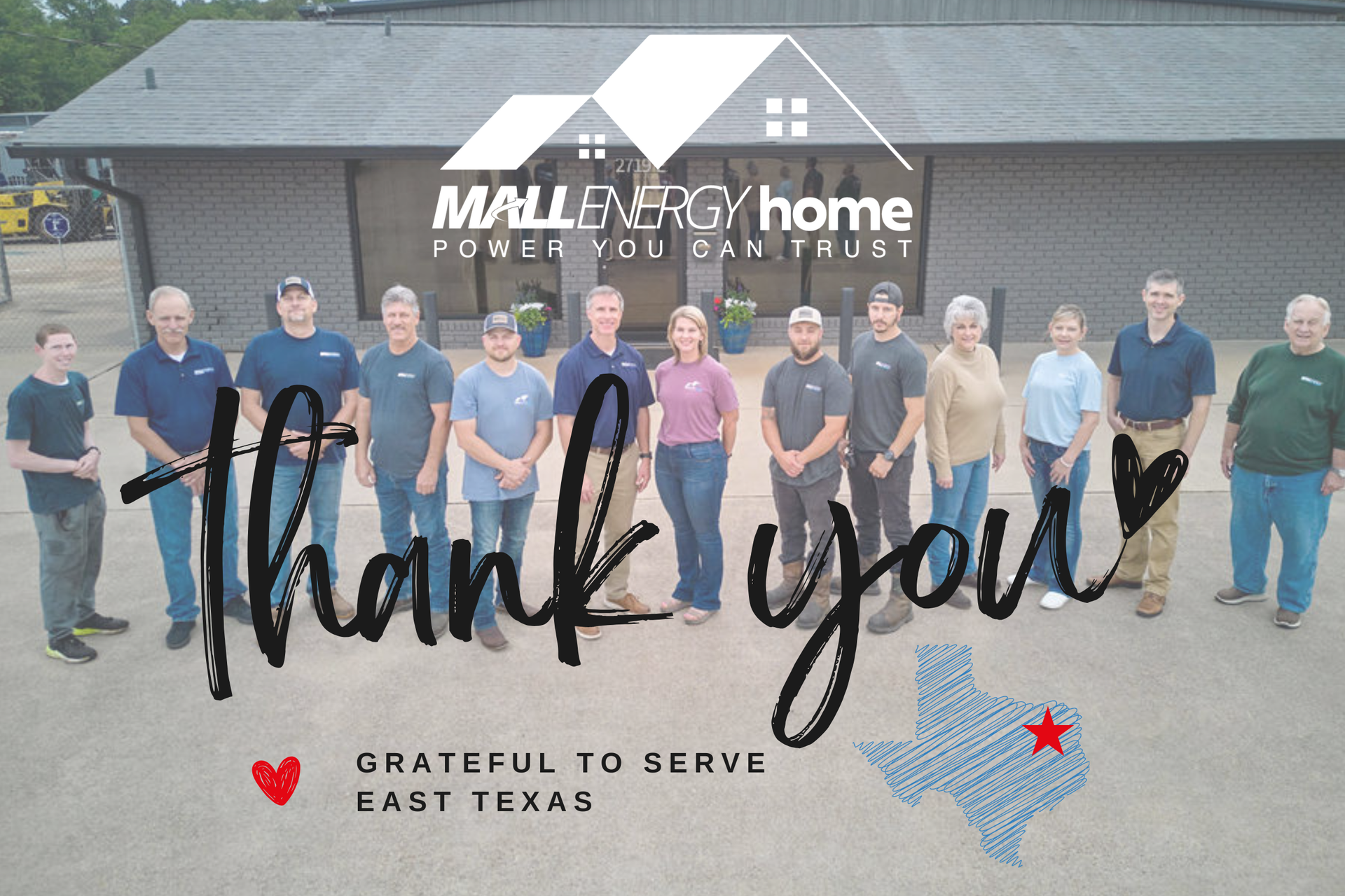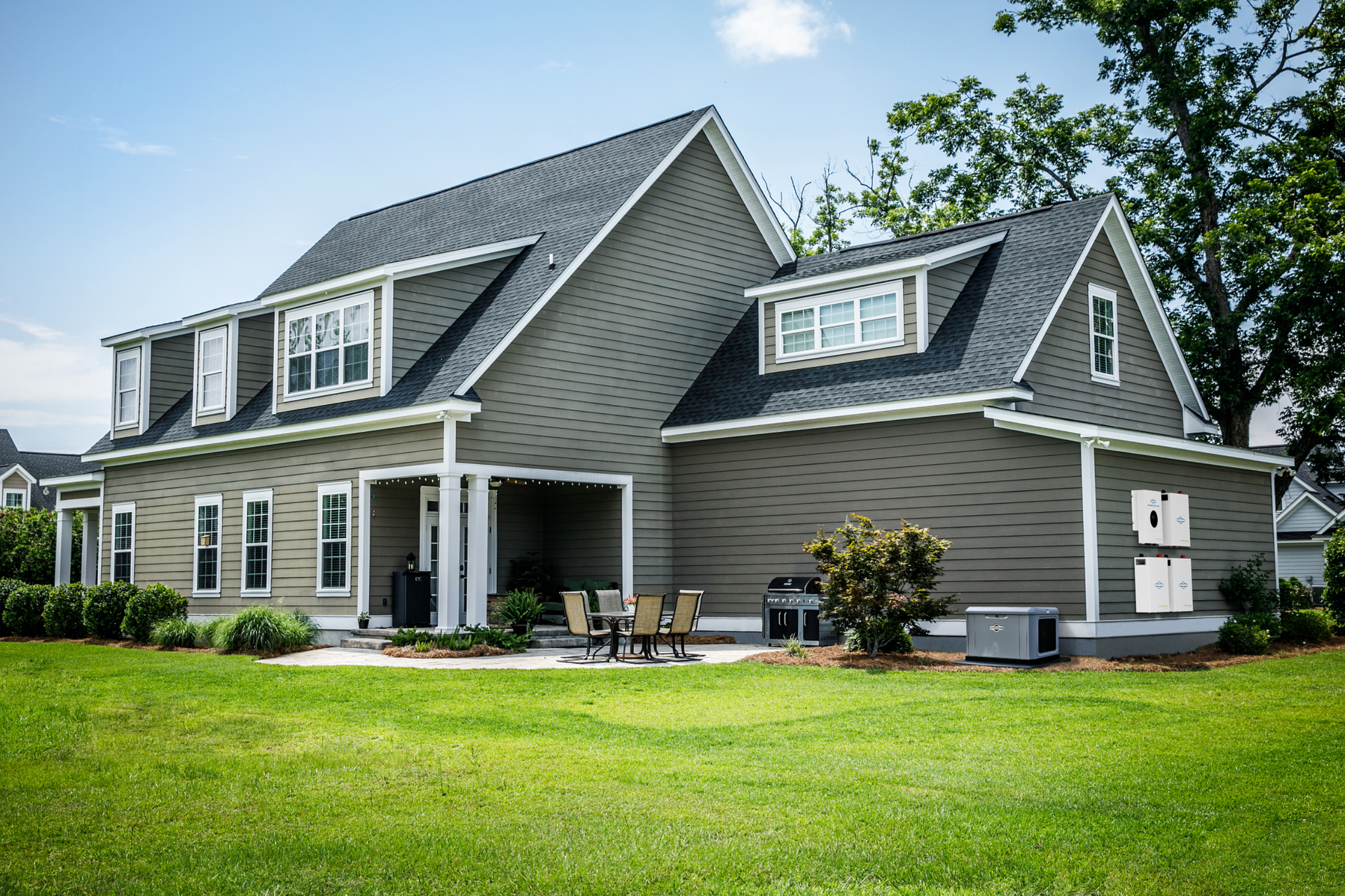Standby Generators vs. Portable Generators: Which One is Right for You?
A Closer Look at Standby and Portable Generators: Which One Fits Your Needs?
When it comes to ensuring your home has power during an outage, choosing the right generator is crucial. Homeowners often debate between standby generators and portable generators, each offering distinct advantages and drawbacks. Understanding the key differences in power output, installation, convenience, and cost can help you determine the best solution for your needs.
Standby Generators
A standby generator is a permanently installed backup power solution that automatically kicks in when the electricity goes out. These generators are connected directly to your home’s electrical system and typically run on natural gas or propane.
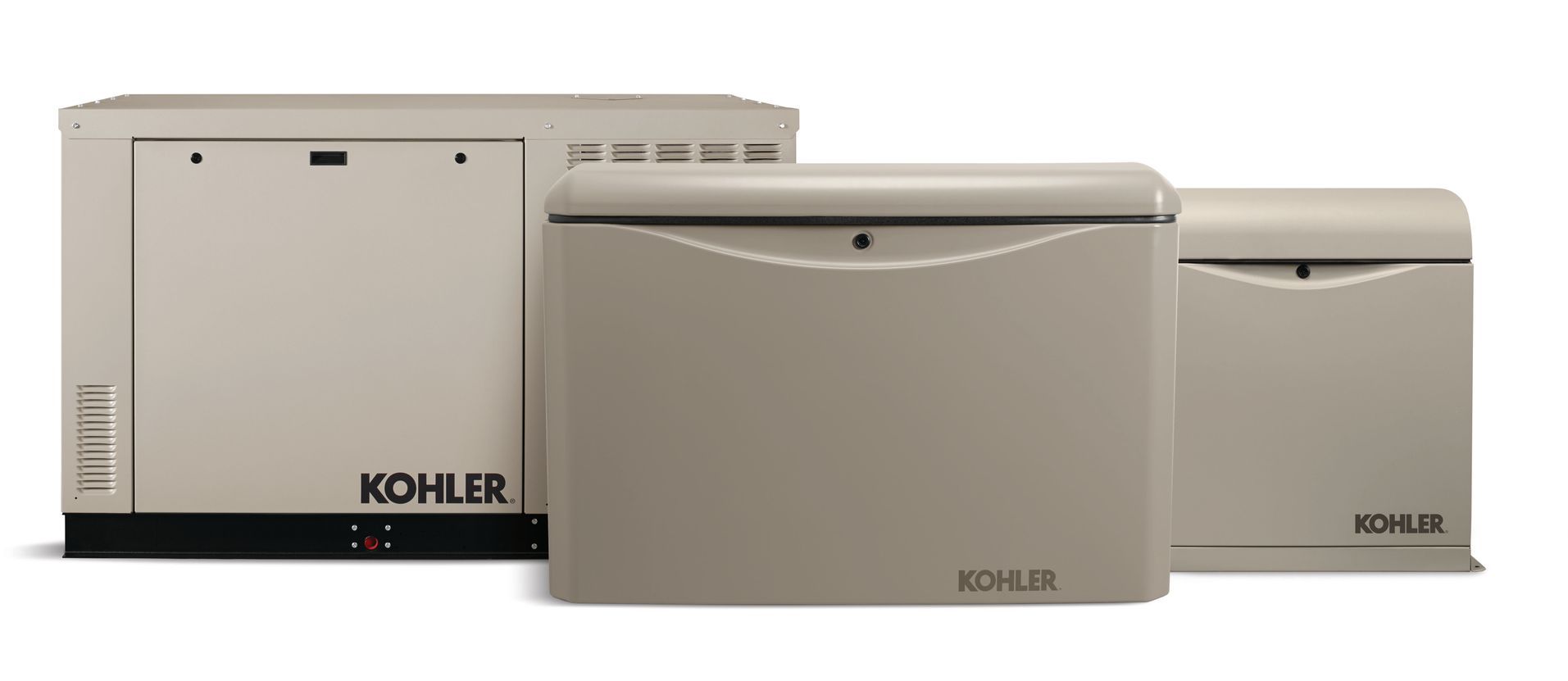
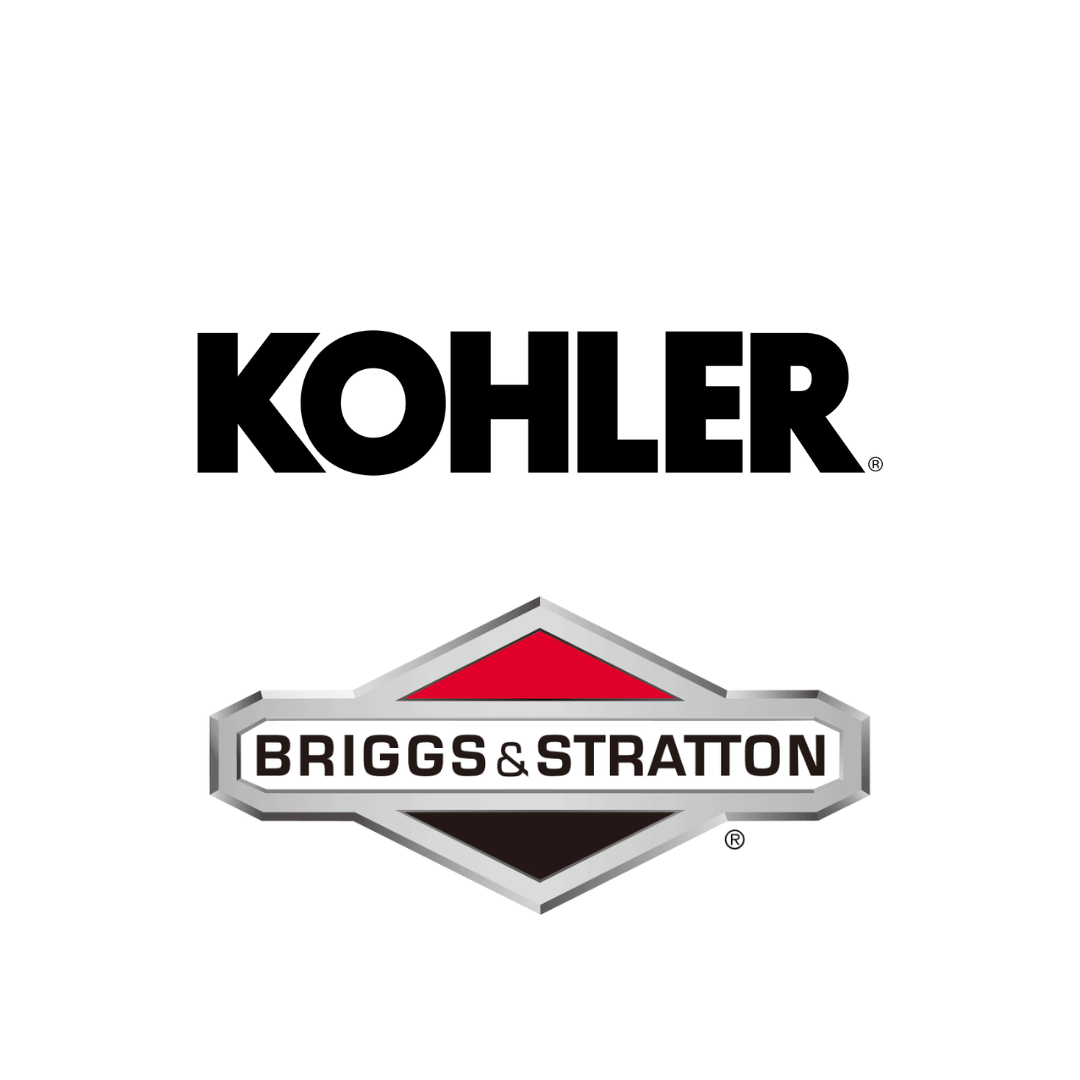
Pros:
- Automatic Operation: Standby generators turn on automatically when power is lost, requiring no manual setup.
- Higher Power Output: Capable of running large appliances, HVAC systems, and essential household electronics without interruption.
- Fuel Efficiency: Runs on natural gas or propane, eliminating the need for manual refueling.
- Increased Home Value: Adds long-term value to your property, making it a selling point for potential buyers.
Cons:
- Propane Availability Concerns: During prolonged outages, refilling a propane tank can be challenging due to high demand or limited delivery access.
- Higher Upfront Cost: Installation and equipment costs can be significantly higher than a portable generator.
- Professional Installation Required: Requires an electrician and sometimes a plumber for fuel connections.
- Fixed Location: Since it is permanently installed, it cannot be moved or used elsewhere.
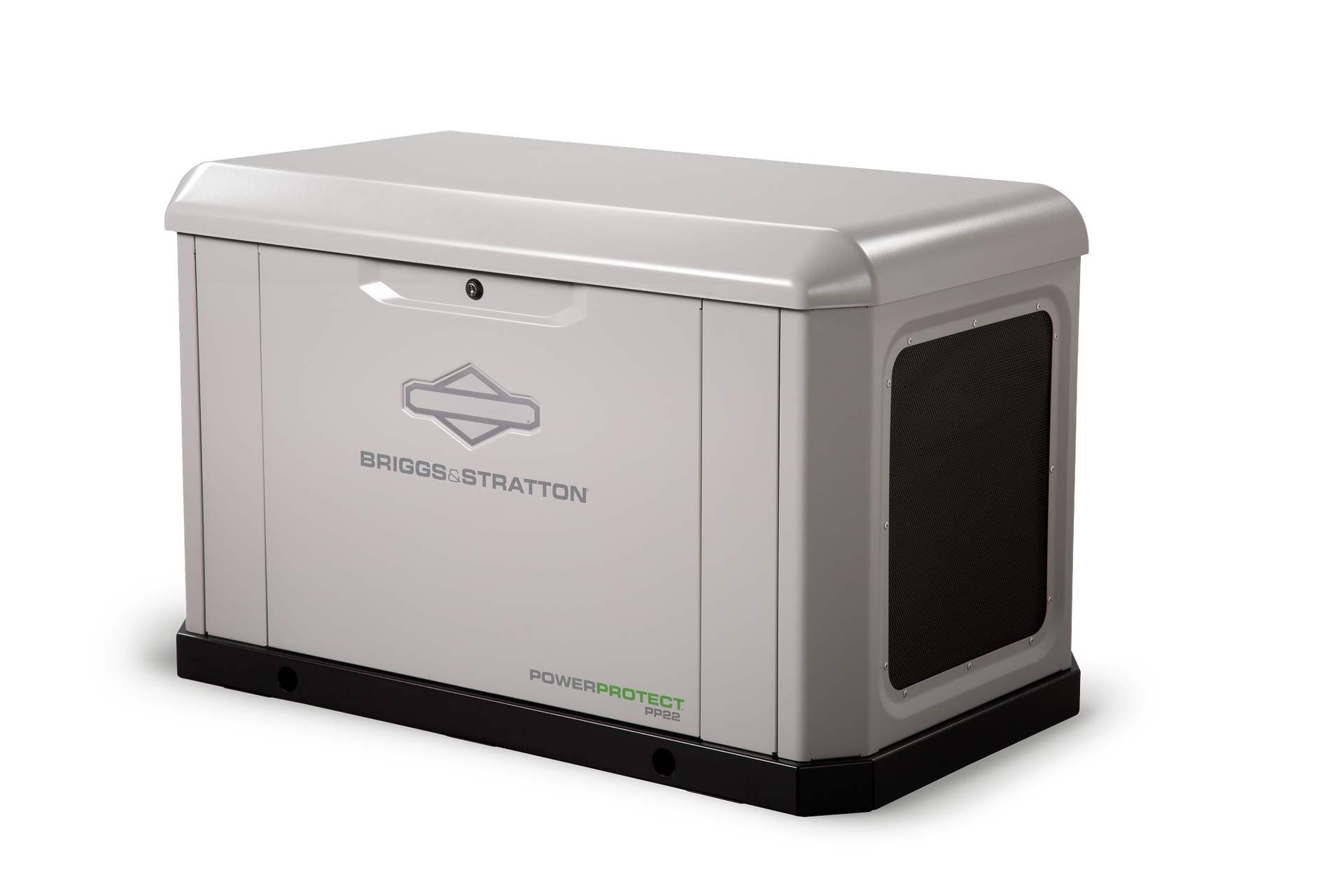
Fuel Types for Standby Generators
There are generally four types of fuel available for standby generators: gasoline, natural gas, propane, and diesel. Gasoline engines can run on gasoline, natural gas, or propane with minor modifications. Diesel engines, on the other hand, exclusively use diesel fuel, which has a higher heat value and can produce more power per gallon.
Most home standby generators sold today are 26kW or less. At this size, there are no competitively priced diesel options. Instead, nearly all home units use gas engines originally designed for commercial mowers and golf carts, which are mass-produced in the millions, keeping costs relatively low.
Portable Generators
Portable generators provide temporary power and can be moved as needed. These units typically run on gasoline, propane, or diesel and require manual operation.
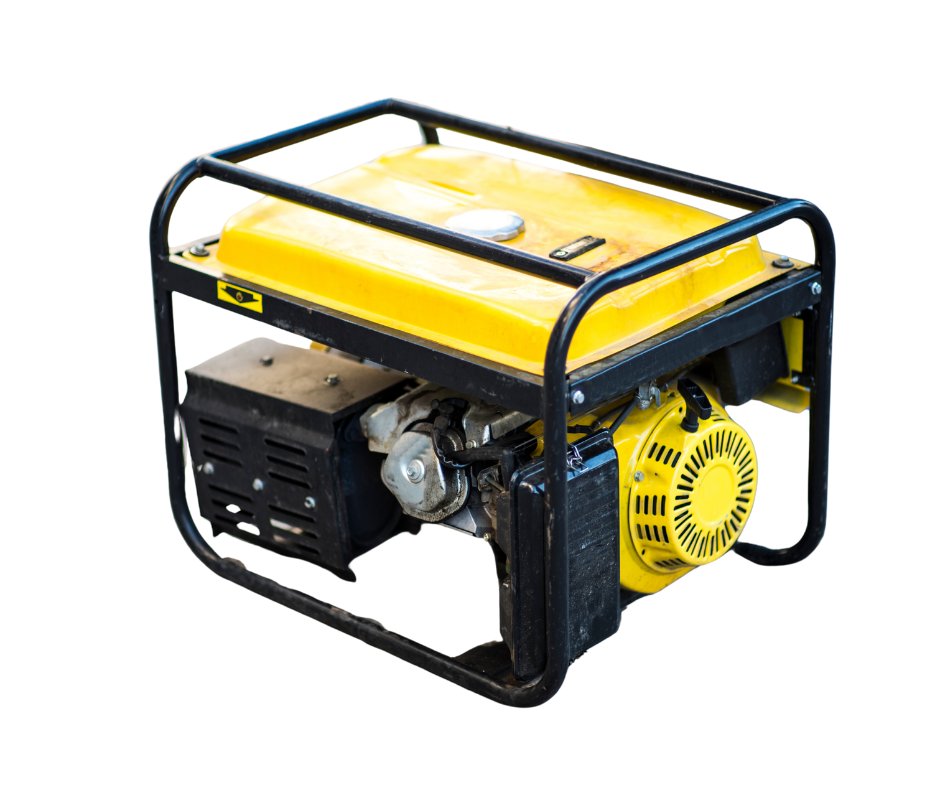
Pros:
- Lower Initial Cost: More affordable than standby generators, making them accessible for many homeowners.
- Versatility: Can be used for multiple applications, including camping, job sites, and emergency home backup.
- No Installation Required: Simply plug in the necessary appliances or use a transfer switch for home backup.
- Portable: Can be moved and stored when not in use.
Cons:
- Manual Setup Needed: Requires manual starting and fuel refilling, which can be inconvenient during extreme weather conditions.
- Limited Power Supply: Cannot support an entire home’s electrical needs; may only power essential devices.
- Frequent Refueling: Runs on gasoline or propane, which requires storage and ongoing refills.
- Noisy Operation: Typically louder than standby generators, which can be disruptive.
Which Generator is Right for You?
- If you want a permanent, hands-free power solution capable of supporting your entire home, a standby generator is the best choice.
- If you need a budget-friendly, portable power source for occasional use, a portable generator is the better option.
- Consider how often you experience power outages, your home’s energy needs, and your budget when making your decision.
Final Thoughts
MALL Energy Home specializes in high-quality standby generators and does not sell portable generators. We focus on providing reliable, long-term backup power solutions tailored to your home’s specific needs.
Both standby and portable generators provide essential backup power, but the right choice depends on your specific needs. At MALL Energy Home, we can help assess your power requirements and recommend the best generator solution for your home. Contact us today to explore your options and ensure you’re prepared for the next power outage.

